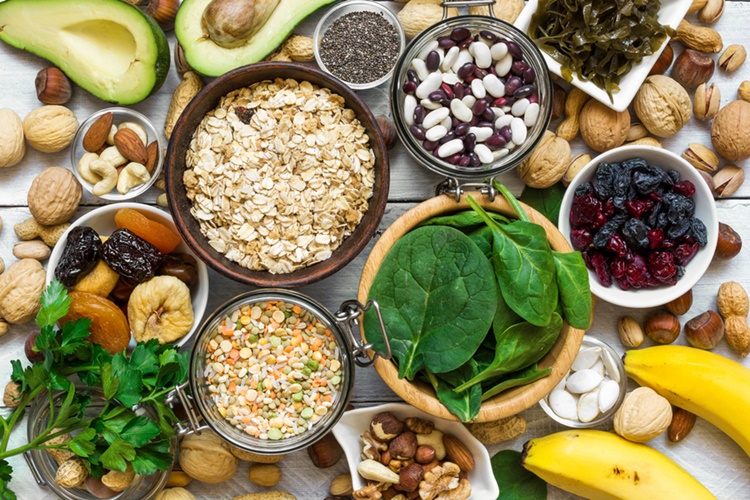HOW TO INCREASE POTASSIUM LEVEL – Here is a guide on what you can do to improve the level of your potassium.
While having a very high potassium level is not healthy, having a low potassium level is also risky. Thus, when this happens, it is important to really take the steps on how to increase your potassium level. You can check the tips below.
Potassium Level: How To Improve Low Potassium Level?
If you have hypokalemia a.k.a low potassium level, here’s what you can do to improve it.
POTASSIUM LEVEL – Found in a lot of foods, here are some things you must know as to how you can improve and maintain healthy level of potassium.
Why do we need potassium? Potassium helps in regulating muscle contractions, maintain healthy nerve function, and many other essential bodily function like keeping the heart beating. And if you have low potassium level, this kind of condition is called hypokalemia.

Severe hypokalemia is life-threatening and among its signs include weakness, fatigue, muscle cramps, spasms, heart palpitation, muscle aches, and stiffness. Vomiting, diarrhea, excessive sweating, and blood loss are among the common causes and through foods, you can help yourself improve your low potassium level.
Here are some foods that are rich in potassium:
- Bananas, oranges, cantaloupe, honeydew, apricots, grapefruit (some dried fruits, such as prunes, raisins, and dates, are also high in potassium)
- Cooked spinach
- Cooked broccoli
- Potatoes
- Sweet potatoes
- Mushrooms
- Peas
- Cucumbers
- Zucchini
- Pumpkins
- Leafy greens
- Orange juice
- Tomato juice
- Prune juice
- Apricot juice
- Grapefruit juice
- Tuna
- Halibut
- Cod
- Trout
- Rockfish
Hypokalemia can actually contribute or cause health issues like high blood pressure, kidney stones, decreased bone mineral density, glucose intolerance with higher risk to have type 2 diabetes, and among others.
According to the National Academies of Sciences, Engineering, and Medicine (NASEM), here’s you recommended daily potassium intake:
- Healthy adults: 3,400 mg per day for men, 2,600 for women (ages 19 years and older)
- Teens ages 14 to 18 years old: 3,000 mg male, 2,300 mg female
- Children ages 9 to 13: 2,500 mg male, 2,300 mg female
- Children ages 4 to 8: 2,300 mg male, 2,300 mg female
- Children ages 1 to 3: 2,000 mg for both male and female
- Babies ages 7 to 12 months: 860 mg for both male and female
- Birth to 6 months: 400 mg for both male and female
READ ALSO:
- Postpartum Depression Signs and Symptoms You Must Not Ignore
- Vitamins Sources: Wide Variety Of Foods That Can Give Enough Vitamins
What can you say about this? Let us know!

